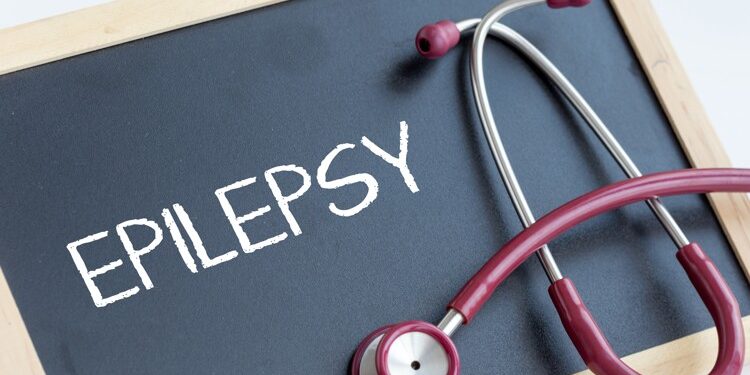Epilepsy is one of the most common neurological problems in India. However, women population from the country often bear the brunt of the ailment more than their male counterparts.
Starting from social stigma, hurdles in marriages to suspicion over their child bearing capacity, the Indian women living with the disease often face more discrimination and neglect from the society at large.
However, most of these assumptions are far from reality. More than 90 per cent of women with epilepsy have healthy babies. Most women with epilepsy lead healthy and active lives. Marriage rates for women with epilepsy are lower than those of men with epilepsy. Many women with epilepsy are subjected to abuse and violence in every manner (i.e. sexual, emotional, physical, financial or social).
In the past, marriage and child-rearing were seen as inappropriate activities for women with epilepsy. These unfortunate and misguided attitudes were often based on the following mistaken ideas like–epilepsy is always inherited, the behaviour of people with epilepsy is unpredictable, hence unsuitable for child-rearing. Most of these have been challenged by the medical science.
When it comes to women, the manifestation of the disease differs from males. Issues in women with epilepsy can range from puberty to menopause. Women with epilepsy have many unanswered queries ranging from sexual development, menstrual cycle, contraception, fertility, and reproduction.
The female hormones of estrogen and progesterone have a known influence on seizures. As the hormones fluctuate with monthly menstruation cycles, puberty, pregnancy, and menopause, women often find that the changes in hormonal levels do affect their seizures. Sometimes there is a change in the frequency or pattern of seizures related to menstruation. When seizure occurrence is linked to the menstrual period, it is diagnosed as catamenial epilepsy.
It is the right time for everyone to join hands on this occasion of International Women’s Day to spread awareness that 90 per cent of such women can live a normal life, can conceive and give birth to normal healthy children and can work and lead a successful life.
Polycystic Ovarian Syndrome (PCOS) is a condition that consists of disturbance in the menstruation cycle, infertility and changes in metabolic profile. Unfortunately, women who have epilepsy are at a higher risk of having polycystic ovarian syndrome (PCOS).
Dr Mithalee Kar, Consultant Neurologist at Care Hospital, Bhubaneswar






































